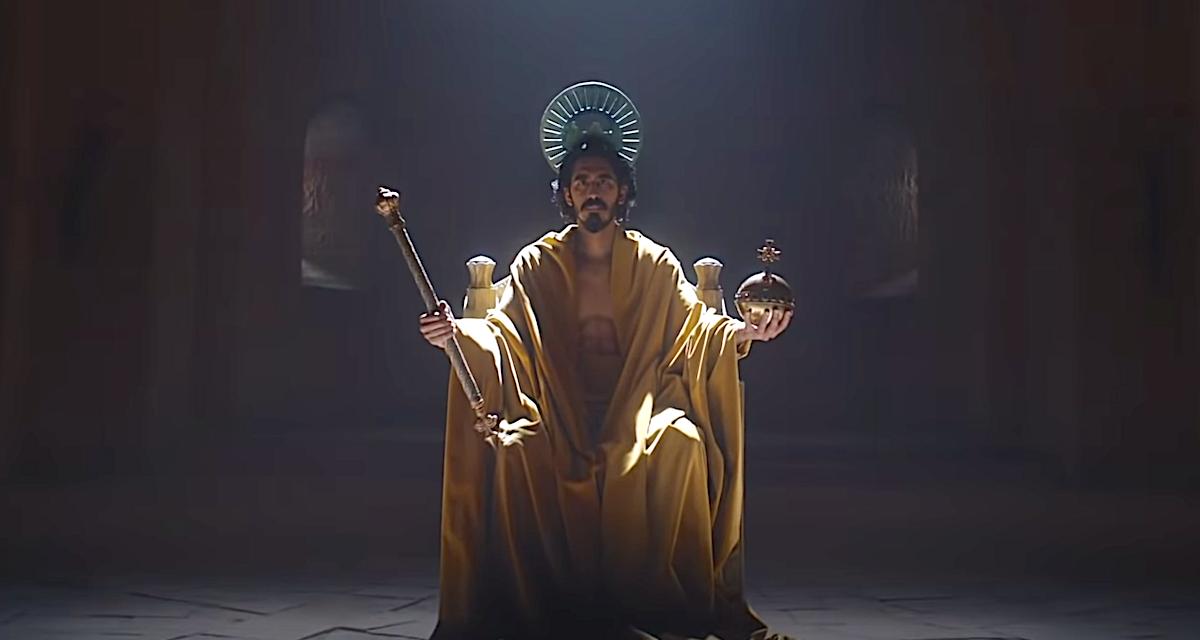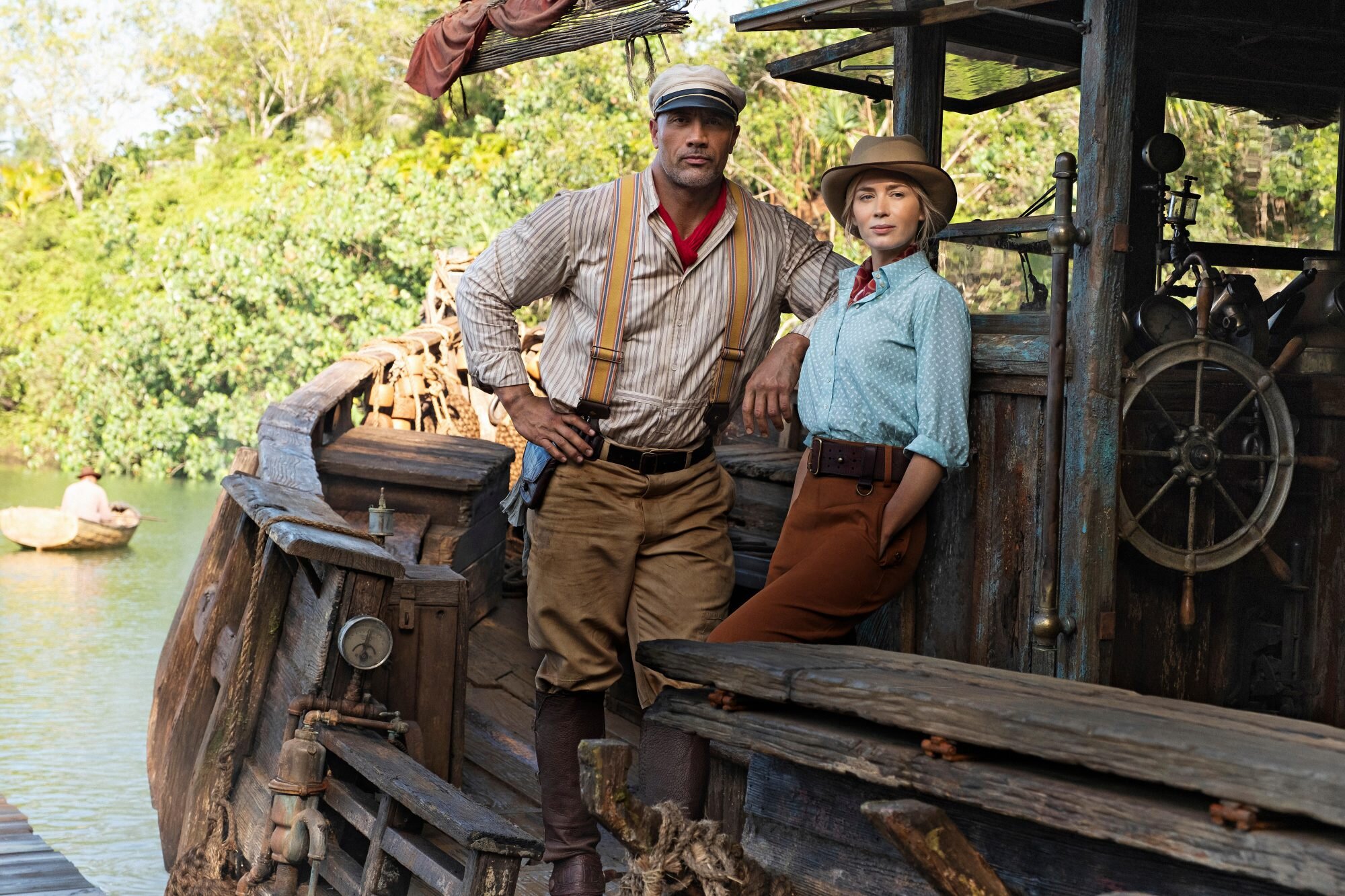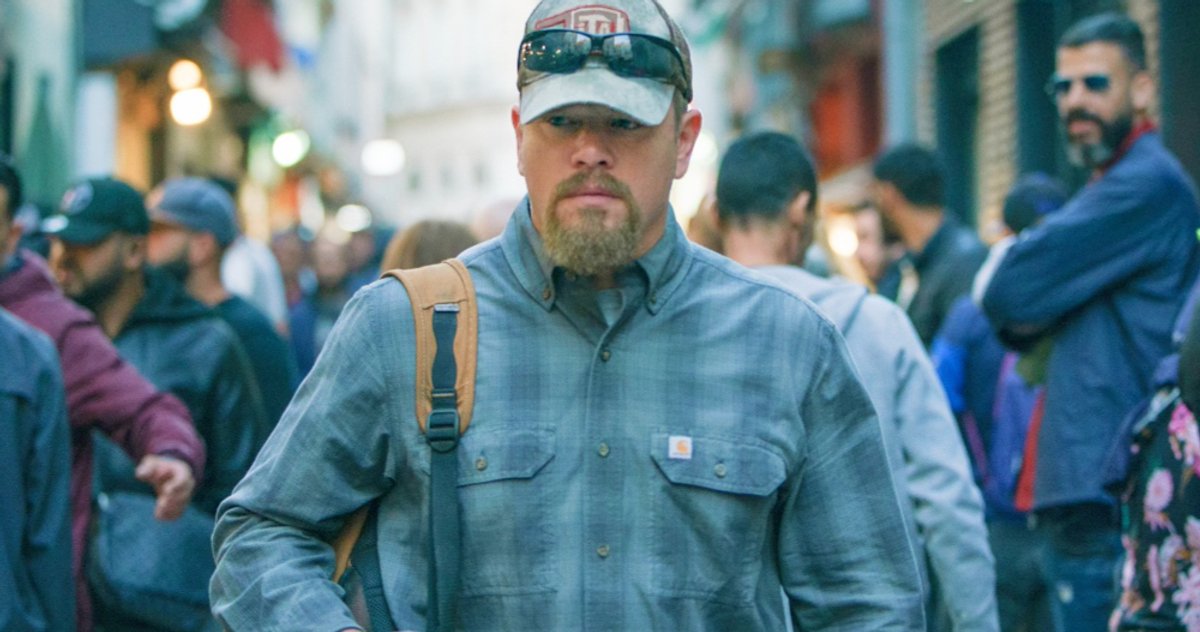Nine Days
by George Wolf
Will (Winston Duke) is a selector. Inside a modest home situated in the middle of nowhere and surrounded by nothing but flatland, he monitors the progress of his past selections while he carefully prepares to fill a new vacancy.
At the end of nine days, Will must choose wisely. His one selection among a new group of unborn souls will move on the “real world” and experience human life. The rest will not.
In his feature debut, writer/director Edson Oda presents an impressively assured vision of transfixing beauty and gentle poignancy. While the current run on “appreciate every day” films is hardly surprising in today’s climate, Oda brings an organic originality to the mantra of seeing the world through someone else’s eyes.
Will does exactly that, via the television monitors (and VHS tapes) that allow him to view the world as his past selections are living it. The monitors also play a role in the selection process, as Will gives his candidates (including Zazie Beetz, Tony Hale and Bill Skarsgård) daily assignments to write down their reactions to the world views they see.
Duke (Us, Black Panther) is phenomenal as a “cog in the wheel” who becomes caught between the clinical completion of his duties and the emotional weight of his responsibilities.
Unlike many in this otherworld – including his assistant Kyo (Benedict Wong) – Will actually spent time living in the real one. And while he won’t discuss details of his life experience, his charming reliance on VCRs and Polaroid cameras gives us a clue about the timeframe. Duke brings touching authenticity to the barrier Will has put up around his past, while also letting us glimpse how Will is haunted by the fate of a past selection, and by the chance he may have chosen poorly.
Oda’s writing and direction exhibit solid craftsmanship. His framing and use of light often work wonders together, conjuring an existential outpost full of strangely comfortable trappings.
The screenplay is finely tuned for each distinct applicant in the process, allowing a standout Beetz and the terrific ensemble to find intimate resonance in the alternately joyous and heartbreaking moments of a life.
Yes, Nine Days often has a lilting air of pretension, but with such a philosophical anchor, it would be more surprising if it did not. Give Oda credit for being unafraid of the moment. He’s taking some big swings at mighty heavy concepts here, with an originality of voice and attention to craft that is welcome any day.












